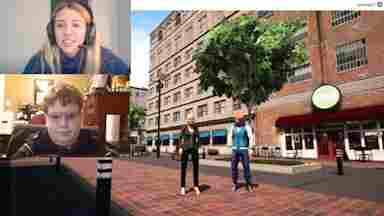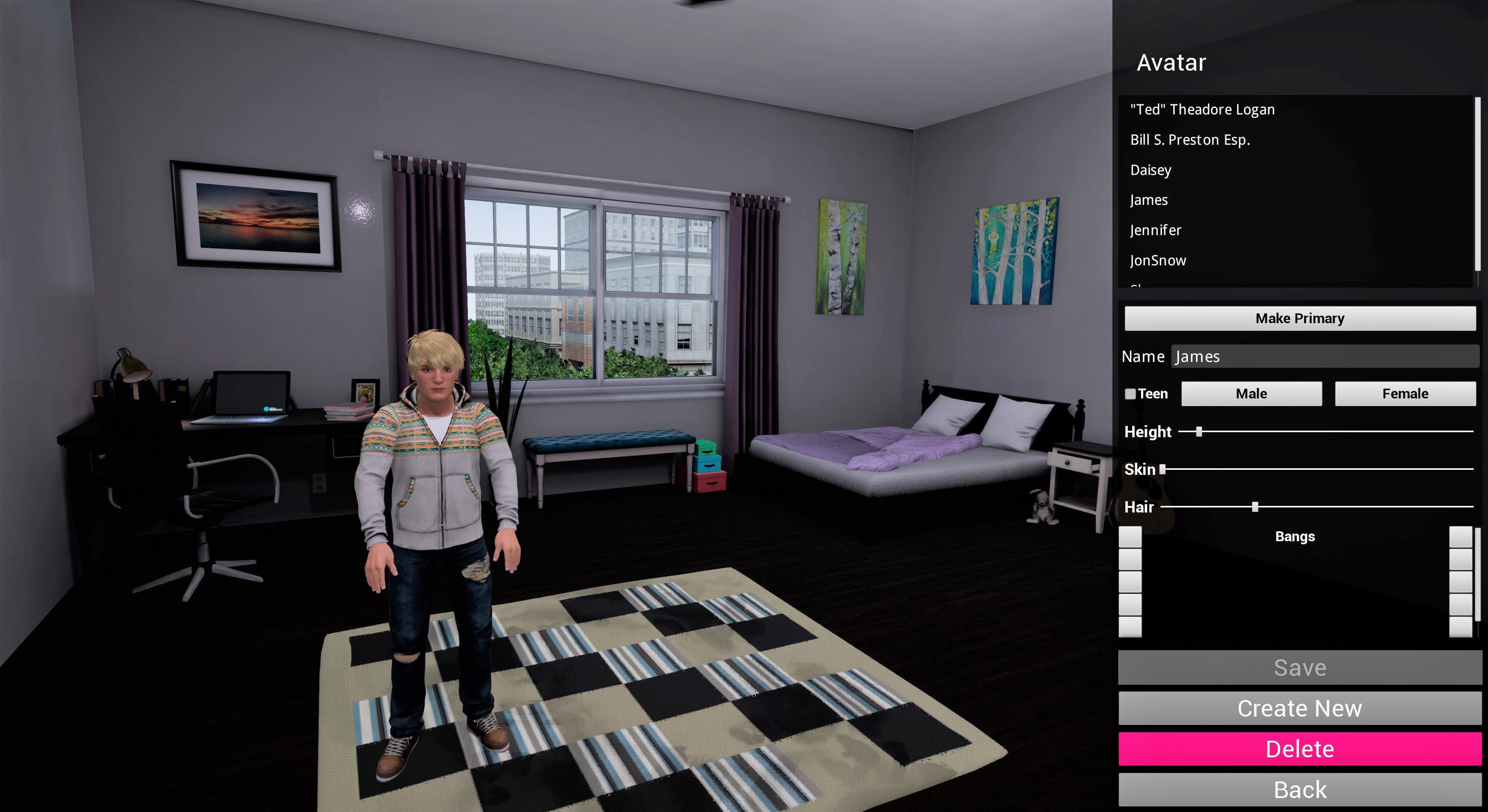- Have your child capture moments in creative ways, like taking photos during family time, sharing a favorite activity with you, or talking about his/her best memory of the day.
- Look for moments to model and express empathy, especially in social situations requiring your child to take another’s perspective. Remember to ask, “What did you see or hear that made that person have big feelings?”
- Use an emotion wheel to illustrate the intensity of an emotion as well as its name and what it looks like. Remember, socialization is all about nuance, and the more we train the brain to look for differences, the more accurate your child will be in recognizing how other people are feeling, building a strong foundation for social brain health.

The Amazing Results Are in on Virtual Social Learning
Autism Parenting Magazine
Share this article

Maria Johnson, MA, CCC-SLP
Director, Youth and Family Innovations Lead Research Clinician and Trainer, Charisma Virtual Social Coaching
RELATED INFORMATION

Effects of Higher-Order Cognitive Strategy Training on Gist Reasoning and Fact-Learning in Adolescents
Findings from this randomized controlled trial (RCT) suggest students can significantly improve gist-reasoning and fact-learning abilities by engaging in SMART™ strategies to support the ability to abstract meaning.

Center for BrainHealth at UT Dallas and nonPareil Institute Partner to Get Adults With Autism Job-Ready
Charisma, which has been featured on The Today Show and CBS News, is a video-game-like environment that helps those with autism spectrum disorder and other social challenges.